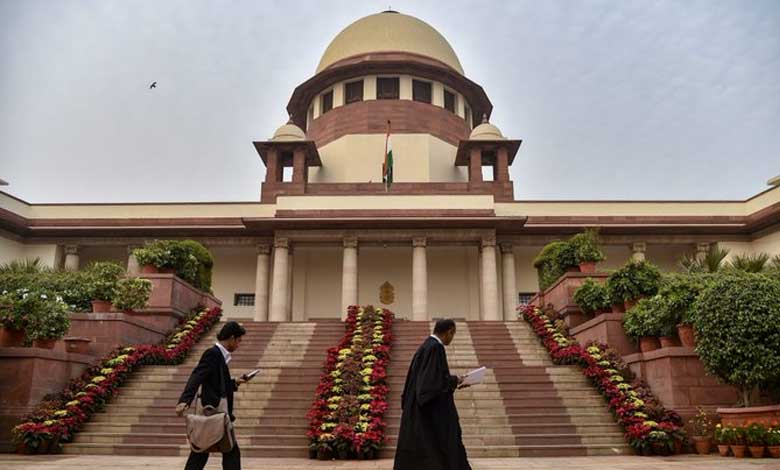Supreme Court Faces Crucial Decision on Election Rules That Could Reshape Indian Democracy
The Supreme Court of India has issued notice to the Union government and the Election Commission of India (ECI) in response to a plea filed by senior Congress leader Jairam Ramesh. The petition challenges recent amendments made to the Conduct of Election Rules, 1961, which restrict public access to election-related materials, including CCTV footage, unless explicitly listed by the ECI.

New Delhi: The Supreme Court of India has issued notice to the Union government and the Election Commission of India (ECI) in response to a plea filed by senior Congress leader Jairam Ramesh. The petition challenges recent amendments made to the Conduct of Election Rules, 1961, which restrict public access to election-related materials, including CCTV footage, unless explicitly listed by the ECI.
A bench comprising Chief Justice of India (CJI) Sanjiv Khanna and Justice Sanjay Kumar has scheduled the case for hearing in the week beginning March 17. The amendments, introduced on December 21 following recommendations from the ECI, have sparked controversy for curtailing public access to essential election data that Ramesh argues is vital for transparency and accountability in the electoral process.
Table of Contents
Congress Challenges Amendment to Election Rules
In his petition, Jairam Ramesh, the General Secretary of Congress, argued that the ECI should not have the authority to unilaterally amend the 1961 Conduct of Election Rules without public consultation. He expressed concerns that the amendment reduces transparency in the election process, making it less accountable to the public.
Ramesh took to social media to voice his opposition, stating, “The Election Commission, a Constitutional body, charged with the conduct of free and fair elections, cannot be allowed to amend such a vital law in such a brazen manner.” He further criticized the amendment for limiting access to information that would have otherwise ensured a transparent electoral process.
Reactions to the Amendment
The amendment was seen as a reaction to a ruling by the Punjab and Haryana High Court, which had directed that CCTV footage from election booths be made accessible. In addition to Congress, several other political leaders, including Tamil Nadu Chief Minister M.K. Stalin, have strongly criticized the amendment. CM Stalin termed the amendment an “undemocratic assault” on the integrity of free and fair elections. He also accused the BJP-led Union Government of undermining transparency in the electoral process.
Also Read: How Modi Turned North Gujarat’s Water Crisis Around – Amit Shah Reveals the Untold Story
Concerns Over Erosion of Electoral Integrity
The opposition parties, led by Congress and Tamil Nadu’s ruling party, argue that the amendments could erode the integrity of the electoral process. CM Stalin has called for a united political response to challenge what he describes as an attack on democracy.
The case will be heard by the Supreme Court in March, and its outcome could have significant implications for transparency and accountability in Indian elections.
